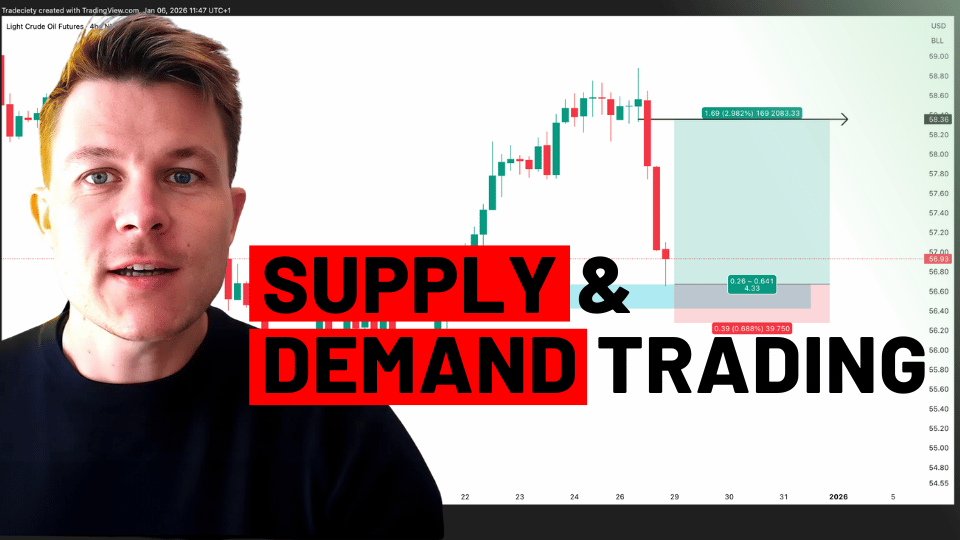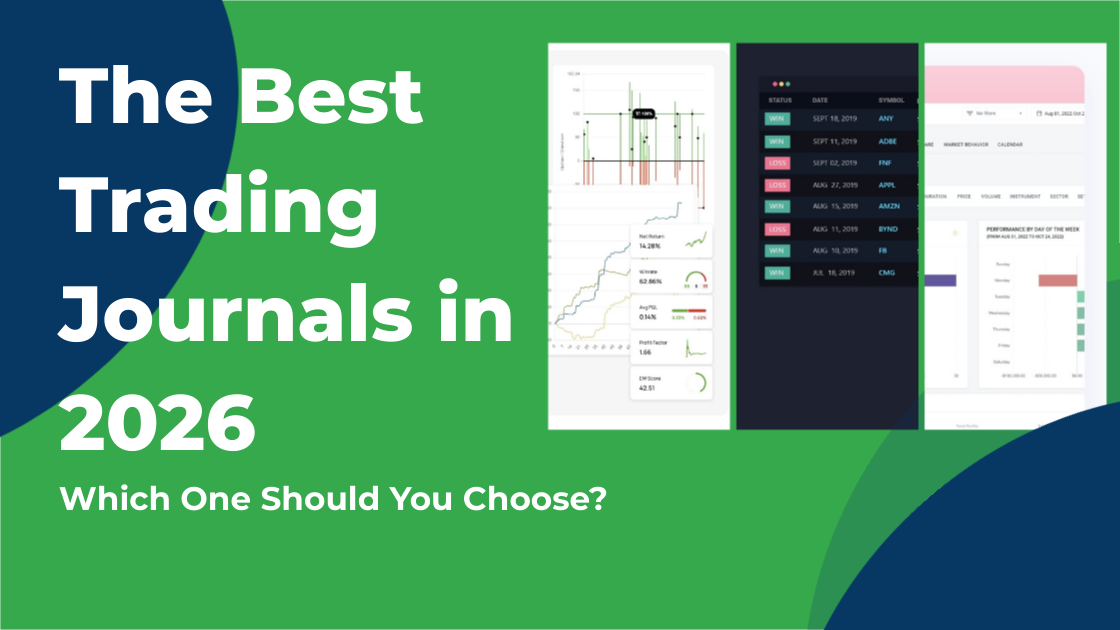Supply and Demand Trading in 2026
We have been trading supply and demand strategies for over ten years, and they have stood the test of time remarkably well. Supply and demand is...

Trading is so hard – but is it really? Although the majority of people fail and will never be able to make a single Dollar in trading, it is not due to the fact that trading it exceptionally hard; the reason why so most traders fail is because our mind is working very differently than how it should when it comes to being a successful trader. Our upbringing, the circumstances and the society made it necessary to implement certain biases and shortcuts to how we process and deal with information. Unfortunately, for trading you need the complete opposite mindset. In the following we discuss 6 common psychological problems that traders deal with, why they are influencing our trading decisions and what to do about them.
“As long as you make money, it does not matter what you’re doing”, is a common phrase in trading, but it couldn’t be further from the truth. You can make a really bad trade, violate all your rules, mismanage your trade completely and still end up with a winning trade due to some lucky circumstances. If you mistake this with skill, you are in for trouble because it will lead to inconsistent and wrong trading behavior. On the other hand, if you make a great trade, are really patient and 100% adhere to the plan, but still end up with a loser, there is nothing to worry about. It is just the way the markets and trading works.
Don’t judge your trades based on the outcome only. Strive to become a disciplined and a patient trader who follows through on his plan.
If your last 5 trades have been all winners, you are more likely to believe that your trading method is the Holy Grail and you are willing to risk a lot more on the sixth trade. Whereas, on the other hand, when you just have 5 losing trades in a row, you will start doubting your trading method and wonder whether if it is still working at all. Furthermore, on the next trade you will be worried and prone to ‘playing it safe’, decreasing your risk. Both thinking processes are common, but not helpful for a trader.
Traders often let the outcome of a handful of trades influence their trading decisions. In trading, you do not have influence over the distribution of your winning or losing trades. Therefore, any trade could be a winner or a loser – it’s out of your hand. It’s important that you do not make any changes in the way you execute or manage your trades based on the outcome of a few trades.
Traders like to follow ‘famous’ people on twitter, trading gurus or listen to what the experts have to say on financial media. However, even the smartest expert has no greater power of predicting what is going to happen next than you do. The reason why traders still listen to other traders and even make trading decisions based on someone else’ opinion is that they can put the responsibility onto someone else.
Again, there is no one out there that can make accurate predictions about what is going to happen next. As a trader it is important that you make your own decisions to be able to grow and develop skills.
The self-serving bias describes the fact that we give us the credit for something good that has happened, but look for someone or something else to blame when bad stuff is happening. You can often hear traders claim that they did a ton of research, made a great trading plan and waited patiently for everything fall into place and then, of course, they landed a big winning trade. However, when traders screw up they love to blame the SNB for making a surprise announcement, High Frequency Trading that is manipulating the financial markets or put the blame on insider trading that is causing them to lose money.
It’s a natural behavior. We don’t like to admit that we were the ones that screwed up. If you fail to accept to take responsibility as a trader, you will never be able to succeed. Trading is dealing with the unknown. You are the only one who is pushing the buttons and making decisions.
The negativity bias is a great explanation why many traders will never be able to trade profitably. Even if the stock market has been going up for months, the majority of traders will only talk about the end of the rally, the upcoming crash and the unavoidable correction that is imminent. Whereas traders could, and should, just trade with the trend as long as it is so obvious that it’s going up, they will use every excuse to short the market.
Don’t try to outsmart the market and do not look for hidden signs that could justify going against everybody else – trade the obvious. And then, when it is really over, you will have time to go into the other direction.
The hindsight bias is among the most common psychological challenges a trader has to overcome. How often have you exited a trade and then looked back and saw IMMEDIATELY what you have done wrong? If you now say ‘often’, you are wrong. If it was so obvious, you would have seen it earlier. The problem is that we make ourselves believe that a loss could have been avoided; we just weren’t aware, not paying attention or using the wrong indicator. In reality, the hindsight bias tricks our minds into coming up with excuses, false assumptions and reasons that we just couldn’t be aware of.
As a trader, do not look for excuses or reasons why a trade has failed. Don’t try to change an indicator setting or add another tool just to find an excuse how you could have avoided a losing trade. Even the best setup will fail over and over again. As a trader you have to think long-term and not change your trading system based on a handful of trades.
Yes, it’s cheesy to say that being aware of your mistake is half the battle, but it’s true. If you start being aware why you are doing what you are doing, especially if it’s costing you money, only then you are able to change it and become a better trader.
If you enjoyed this article, take a look at the first part of why humans are hard-wired for trading failure here.

We have been trading supply and demand strategies for over ten years, and they have stood the test of time remarkably well. Supply and demand is...

3 min read
Choosing the right trading journal is essential for traders wanting to analyze performance, refine strategies, and improve consistency. In this...

3 min read
“95% of all traders fail” is the most commonly used trading related statistic around the internet. But no research paper exists that proves this...